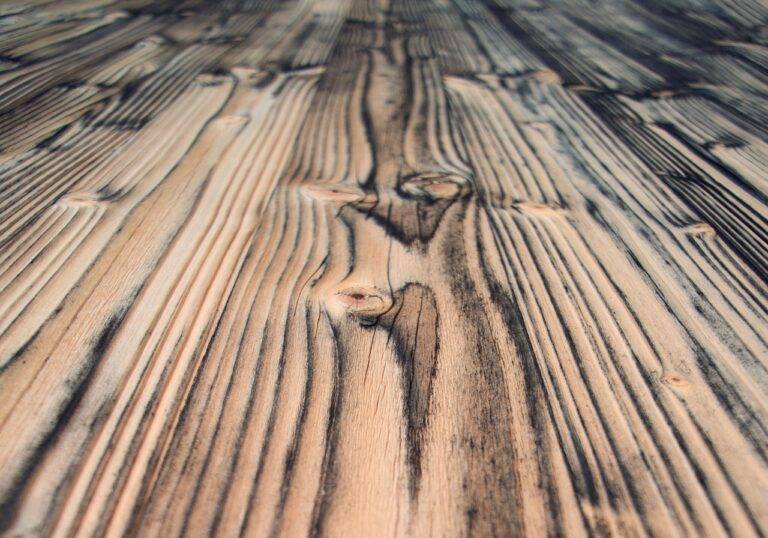Sustainable Water Conservation Methods for Home Improvement
Low-flow toilets, showerheads, and faucets are becoming popular choices for homeowners looking to reduce their water consumption. These fixtures are designed to use less water without compromising performance, helping to lower utility bills and conserve precious water resources. By swapping out old, inefficient fixtures with low-flow alternatives, households can make a tangible impact on their water usage.
Low-flow toilets are designed to use less water per flush compared to traditional toilets, saving gallons of water with each use. Similarly, low-flow showerheads reduce the amount of water used during showers without sacrificing water pressure, providing a comfortable experience while conserving water. Installing low-flow faucets in kitchens and bathrooms can also make a significant difference in water usage, especially for tasks like washing dishes or hands where water flow can be easily regulated.
Rainwater Harvesting: Explore the benefits of collecting rainwater for outdoor use such as watering plants or washing cars.
Rainwater harvesting offers a sustainable solution for homeowners looking to reduce their reliance on traditional water sources for outdoor activities. By collecting rainwater from rooftops or other surfaces, individuals can save on their water bills and decrease the demand on municipal water supplies. This practice not only benefits the environment but also contributes to greater water conservation efforts in the community.
Furthermore, rainwater harvesting provides a natural, untreated alternative for watering plants and washing cars. The purity of rainwater makes it a preferred choice for outdoor use, as it lacks the additives and chemicals often found in tap water. By utilizing rainwater for these activities, individuals can lower their carbon footprint and promote a greener lifestyle.
Greywater Recycling: Discover how to reuse water from sinks, showers, and washing machines to irrigate your garden or flush toilets.
Greywater recycling is a sustainable practice that allows you to repurpose water from everyday household activities. By collecting water from sinks, showers, and washing machines, you can divert it to irrigate your garden or even flush your toilets. This not only helps to reduce your water usage but also provides an eco-friendly solution for managing water resources.
Implementing a greywater recycling system may require some initial investment in plumbing and filtration systems, but the long-term benefits are worth it. Not only can you significantly decrease your reliance on freshwater resources for non-potable uses, but you can also contribute to environmental conservation by minimizing wastewater disposal. With proper maintenance and adherence to local regulations, greywater recycling can be a simple yet effective way to make your home more sustainable.
• Greywater recycling allows you to repurpose water from sinks, showers, and washing machines
• The collected water can be used to irrigate your garden or flush toilets
• Reduces water usage and provides an eco-friendly solution for managing water resources
• Initial investment in plumbing and filtration systems may be required
• Long-term benefits include decreased reliance on freshwater resources for non-potable uses
• Contributes to environmental conservation by minimizing wastewater disposal
• Proper maintenance and adherence to local regulations are essential for effective greywater recycling
What is greywater recycling?
Greywater recycling is the process of reusing water from sinks, showers, and washing machines for non-potable purposes such as irrigating gardens or flushing toilets.
How can I recycle greywater in my home?
You can recycle greywater in your home by installing a greywater recycling system that collects water from your sinks, showers, and washing machines, filters it, and then distributes it for use in your garden or for flushing toilets.
Are there any benefits to greywater recycling?
Yes, greywater recycling can help reduce water usage in your home, lower your water bill, and provide a sustainable source of water for outdoor use.
Are there any downsides to greywater recycling?
Some potential downsides to greywater recycling include the need for regular maintenance of the recycling system, the possibility of contamination if not properly treated, and potential restrictions or regulations in some areas.
What are some tips for effectively recycling greywater?
Some tips for effectively recycling greywater include using eco-friendly soaps and detergents to minimize the impact on plants and soil, avoiding recycling water that has come into contact with toxic chemicals, and ensuring that the greywater recycling system is properly maintained and functioning correctly.







